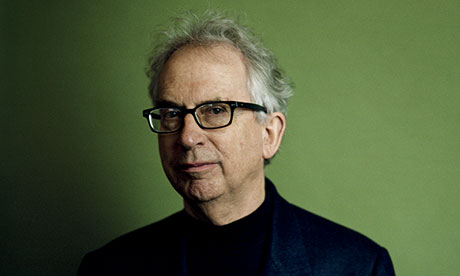
In what is assumed to be a pre-emptive strike against next year's inaugural Folio prize, which will be open to writers from all over the world, the Man Booker committee is this week expected to announce that it is widening the entry qualifications to include American writers. The news has triggered a backlash from many British, Irish and Commonwealth authors who feel, with some justification, that it's hard enough for first-time and relatively unknown authors to get recognition as it is, without widening the literary gene pool – especially when the Americans show no sign of opening up the National Book awards or the Pulitzer prize to writers from outside the US. The only writer with nothing to worry about, as Hari Kunzru pointed out on Twitter, is Peter Carey, who was born in the Commonwealth and is a US citizen and can be entered for just about everything.
The Man Booker judges might also be feeling a little wary of the changes. They already have to plough through about 120 books in less than six months and if every US publisher is invited to add its three best fiction titles into the mix, then the judges will barely have time to sleep.
Exhaustion aside, there's also an argument to be made that a prize's limitations help to define its character. The Man Booker has hardly gone unnoticed since it began in 1969 and its idiosyncrasies have become part of its appeal. Keri Hulme's The Bone People wasn't the best novel published in New Zealand in 1985, let alone the best on the Booker shortlist. But it still won. Other surprise winners have included Kiran Desai's The Inheritance of Loss, Penelope Lively's Moon Tiger and James Kelman's How Late It Was, How Late.
So would the Americans necessarily clean up, as many seem to think, if they were allowed to enter for the Man Booker? The past would have seen some interesting face-offs. In 1980, John Kennedy Toole's Confederacy of Dunces up against William Golding's Rites of Passage; in 1990, John Updike's Rabbit at Rest v AS Byatt's Possession; in 2000, Philip Roth's The Human Stain v Margaret Atwood's The Blind Assassin. I'm not so sure the British, Irish and Commonwealth authors wouldn't have held their own – not least as there is no guarantee that the judges would not have not overlooked some of the US heavyweights anyway. And don't forget that the Man Booker prize has always been as much about getting headlines for itself as rewarding excellence. A little controversy never goes amiss.

